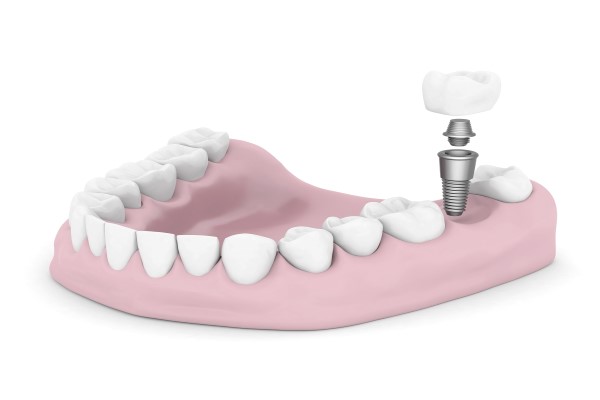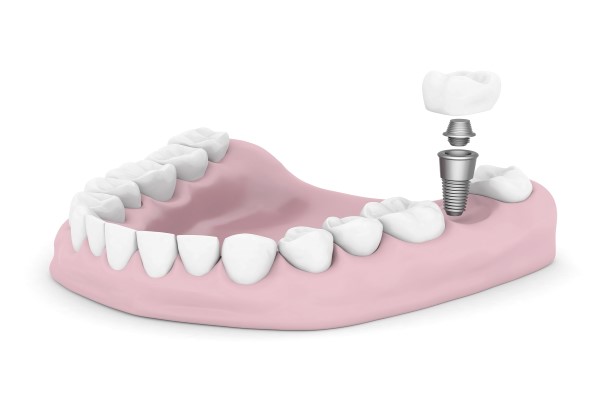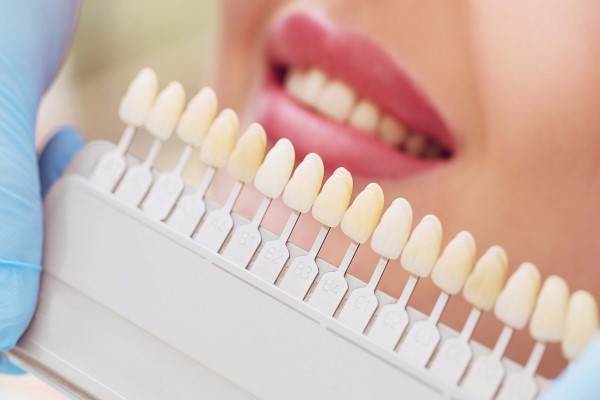Comparing Dental Implants vs. Dental Bridges

Dental implants and bridges are two options you get to explore if you have missing teeth. These oral restorations restore the function and appearance of missing teeth in their unique way. Missing teeth can reduce one's confidence. Not replacing lost teeth can also cause the remaining teeth moving out of their proper alignment. This can lead to a variety of dental issues like tooth decay.
Dental implants vs. bridges
To help you make an educated decision on which oral prosthetic will work best for you, let us take a closer look at how these restorations work:
1. Dental implants
Nowadays, these are the preferred way to replace missing teeth. They provide a complete solution that replaces lost roots and the visible part of teeth. Dental implants are surgically inserted into a person's jaw and fuse with bone tissues in a process called osseointegration. The implant serves as an artificial root, and a restoration like a crown is attached to it to replace the visible part of the tooth. Dental bridges can also be attached to implants.
The benefits of replacing teeth with dental implants include:
- There is no specialized cleaning needed, just brushing and flossing
- It prevents the bone tissue loss that takes place when a tooth falls out; this condition is called jawbone atrophy and can make a person's face appear wrinkled and sunken
- Implants look just like the rest of the patient's teeth, so it is virtually impossible to notice when a person has implants
- Implants restore the function of teeth; there is no adjustment period with implants because the prosthetic feels just like the tooth it replaced
- Implants do not strain adjacent teeth, but the same cannot be said about dental bridges
- Implants can last a lifetime
There are a few things that are not so great about implants. These include:
- The process of getting implants can take up to six months
- Placing implants requires oral surgery
- Patients might need to get bone grafts before getting implants; this is usually the case when the patient's jaw is not thick enough to hold implants
- Implants are typically the most expensive way to replace missing teeth
2. Dental bridges
These oral prosthetics are used to close up gaps caused by missing teeth. The bridge is usually supported by the teeth closest to the gap on either side. The teeth that serve as anchors for a bridge are called abutment teeth and are often fitted with crowns to provide more stability for the bridge.
The benefits that come with replacing teeth with bridges include:
- The installation of bridges does not require surgery
- The process can be completed in as little as two weeks
- Bridges restore the look and function of missing teeth
- Bridges are more affordable than implants
The disadvantages that come with implants include:
- Bridges are not as aesthetically pleasing as implants
- Permanent alterations are made to abutment teeth
- Bridges need to be replaced every seven years
- Bridges hinder oral hygiene
Explore your options with us
Call or visit our Gladstone clinic to learn more about how bridges and implants can be used to replace your teeth.
Request an appointment here: https://www.gladstonefamilydental.com or call Gladstone Family Dental And Implants at (816) 559-7943 for an appointment in our Gladstone office.
Check out what others are saying about our dental services on Yelp: Dental Implants in Gladstone, MO.
Recent Posts
Tooth implants are replacements that look, feel and function like natural teeth. They can be used when someone loses their teeth to injury or decay. The tooth implant procedure is simple, but patients often have plenty of questions about it. Continue reading to discover answers to some frequently asked questions about tooth implants.Accidents, unsuccessful root…
Dental implants are one of the options that you get to explore if you are looking to replace missing teeth. These are metal rods or screws placed in the jaw to replace teeth roots, and implants are fitted with restorations like bridges, dentures, and crowns to replace teeth.The ideal candidate for dental implants is healthy…
Dental implants are titanium posts placed into the jawbone to serve as the roots of replacement teeth. They are often the most highly recommended teeth replacement solution due to the unique benefits that they provide over alternative solutions, such as removable dentures and fixed bridges.The three primary options that patients have after they lose one…
Dental implants are highly recommended when it comes to replacing missing teeth. These oral prosthetics are surgically inserted into your jawbone, replacing the root that came out when you lost a tooth.Replacing lost teeth with dental implants requires minor oral surgery, and the implant is given up to six months to fuse with surrounding bone…


